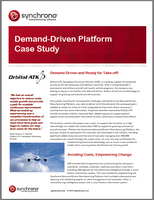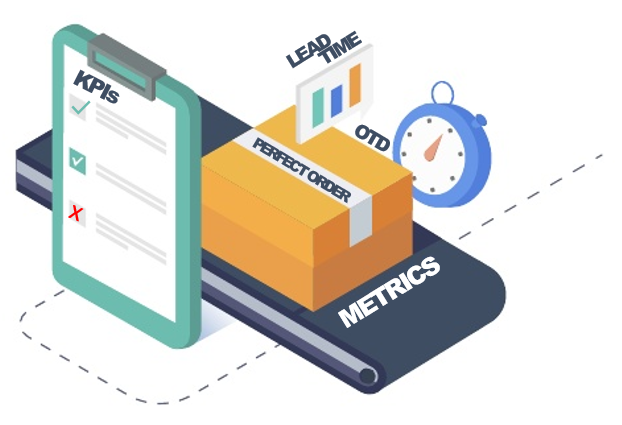Blog
-

Three Ways Leaders Create Lean
Three Ways Leaders Create Lean “Relentless” leadership and team empowerment drive lean change For those of you who have heard this before, it bears repeating. For those of you who have not, this is important – leadership is the single most important component to lean success. It is exciting to talk about bottom-up change and
-

Customer Case Study: Orbital ATK Proves the Merits of SyncKanban®
This case study reviews the strategy and results of a new Lean project at the Aerospace Structures Division (ASD) of Orbital ATK. The goal of the project was to impact two key inventory metrics – improve inventory turns and reduce inventory cost; specifically, waste associated with material scrap. Download the case study to learn why
-

Case Study: Orbital ATK
Orbital ATK, Aerospace Structures Division (ASD), is a leading supplier of composite structures for the aerospace and defense industries. With a strong foothold in commercial and military aircraft and launch vehicle programs, the company was looking to equip a new facility with demand-driven, factory of the future technology to support its growing commercial aircraft business.
-

Are Your Manufacturing Metrics Meaningless?
It seems not a week goes by when I don’t hear from someone in manufacturing: “You can’t manage what you can’t measure”. Of course, there is a lot of truth to that statement, but as someone who spends all day, every day, helping manufacturers gather real-time data for better operational performance, I believe the statement
-

Synchrono® Helps Manufacturers Drive Continuous Improvements with eKanban Software
Synchrono® Helps Manufacturers Drive Continuous Improvements with eKanban Software The new paper, 4 Ways SyncKanban eKanban Software Supports Continuous Improvement, outlines how unique capabilities and system-generated data from SyncKanban software is being used on an ongoing basis to reduce system waste and promote the continuous improvement process. The 4 strategies outlined in the paper are…MORE
-

Synchrono® Presents Get Lean on Inventory at IndustryWeek Expo
Synchrono® Presents Get Lean on Inventory at IndustryWeek Expo Lean practitioners offer real-world examples of how modern eKanban technologies are addressing costly challenges – and waste – associated with inventory…MORE
